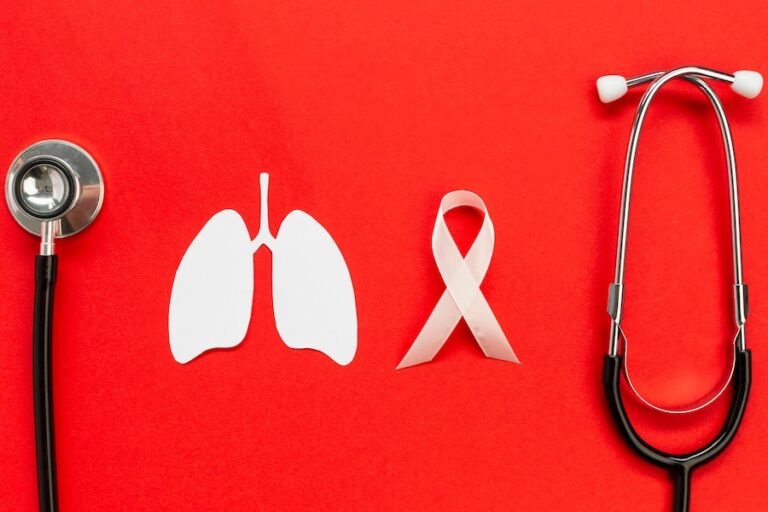Gynecologic Oncology: Promoting Women’s Health and Cancer Care.
Gynecologic oncology is a specialized field of medicine dedicated to the diagnosis, treatment, and management of cancers affecting the female reproductive system. With a focus on early detection, personalized treatment, and comprehensive care, gynecologic oncologists play a critical role in improving outcomes and quality of life for women facing gynecologic cancers. In this article, we delve into the realm of gynecologic oncology, exploring its importance, common cancers, diagnostic methods, treatment options, and the multidisciplinary approach to care.
To Know More About It Please Click Here
The Importance of Gynecologic Oncology
Gynecologic cancers, including ovarian, cervical, uterine, vaginal, and vulvar cancers, pose significant health risks to women worldwide. These cancers can be aggressive and challenging to detect, making early intervention and specialized care essential for improving survival rates and reducing morbidity. Gynecologic oncology addresses the unique needs of women with cancer, offering specialized expertise in the diagnosis, staging, and treatment of gynecologic malignancies.
Common Gynecologic Cancers
- Ovarian Cancer: Ovarian cancer is the most lethal gynecologic cancer and often goes undetected until it reaches an advanced stage. Symptoms may include abdominal bloating, pelvic pain, changes in bowel habits, and urinary urgency. Early diagnosis and treatment are crucial for improving outcomes.
- Cervical Cancer: Cervical cancer typically develops from precancerous changes in the cells of the cervix, often caused by human papillomavirus (HPV) infection. Regular Pap smears and HPV testing can help detect cervical abnormalities early when treatment is most effective.
- Uterine (Endometrial) Cancer: Uterine cancer arises from the lining of the uterus (endometrium) and is often detected early due to symptoms such as abnormal vaginal bleeding or discharge. Treatment may involve surgery, radiation therapy, or chemotherapy, depending on the stage and type of cancer.
- Vaginal Cancer: Vaginal cancer is rare and often occurs in older women. Symptoms may include vaginal bleeding, discharge, pelvic pain, or a lump in the vagina. Treatment options may include surgery, radiation therapy, or chemotherapy.
- Vulvar Cancer: Vulvar cancer affects the external genitalia and may present as a lump, sore, itching, or bleeding. Treatment typically involves surgery to remove the cancerous tissue, followed by radiation therapy or chemotherapy as needed.
Diagnostic Methods and Screening
Early detection of gynecologic cancers is key to successful treatment and improved outcomes. Diagnostic methods and screening tests may include:
- Pelvic exams: Physical examination of the pelvic organs to detect any abnormalities or signs of cancer.
- Imaging studies: Imaging tests such as ultrasound, computed tomography (CT), magnetic resonance imaging (MRI), or positron emission tomography (PET) scans may be used to visualize the extent of cancer spread.
- Biopsy: Removal of a tissue sample for laboratory analysis to confirm the presence of cancer and determine its type and stage.
- Pap smear: Screening test to detect abnormal cervical cells that may indicate precancerous or cancerous changes.
Treatment Options in Gynecologic Oncology
Treatment for gynecologic cancers is highly individualized and may involve a combination of approaches, including:
- Surgery: Surgical removal of cancerous tumors and affected organs, such as the ovaries, uterus, cervix, or vagina.
- Radiation therapy: High-energy radiation beams targeted at cancerous tissues to destroy cancer cells and shrink tumors.
- Chemotherapy: Administration of anticancer drugs either orally or intravenously to kill cancer cells or inhibit their growth and spread.
- Targeted therapy: Drugs that specifically target cancer cells’ molecular pathways, are often used in combination with other treatments.
Multidisciplinary Approach to Care
Gynecologic oncology requires a multidisciplinary approach involving collaboration among gynecologic oncologists, surgical oncologists, radiation oncologists, medical oncologists, pathologists, radiologists, and other healthcare professionals. This team-based approach ensures comprehensive care, personalized treatment plans, and support services tailored to each patient’s needs.
To Know More About It Please Click Here
Conclusion
Gynecologic oncology is a specialized field of medicine dedicated to the prevention, diagnosis, and treatment of cancers affecting the female reproductive system. Through early detection, personalized treatment, and multidisciplinary care, gynecologic oncologists strive to improve outcomes and quality of life for women facing gynecologic cancers. By raising awareness, promoting screening, and advancing research in gynecologic oncology, we can continue to make strides in women’s health and cancer care.








